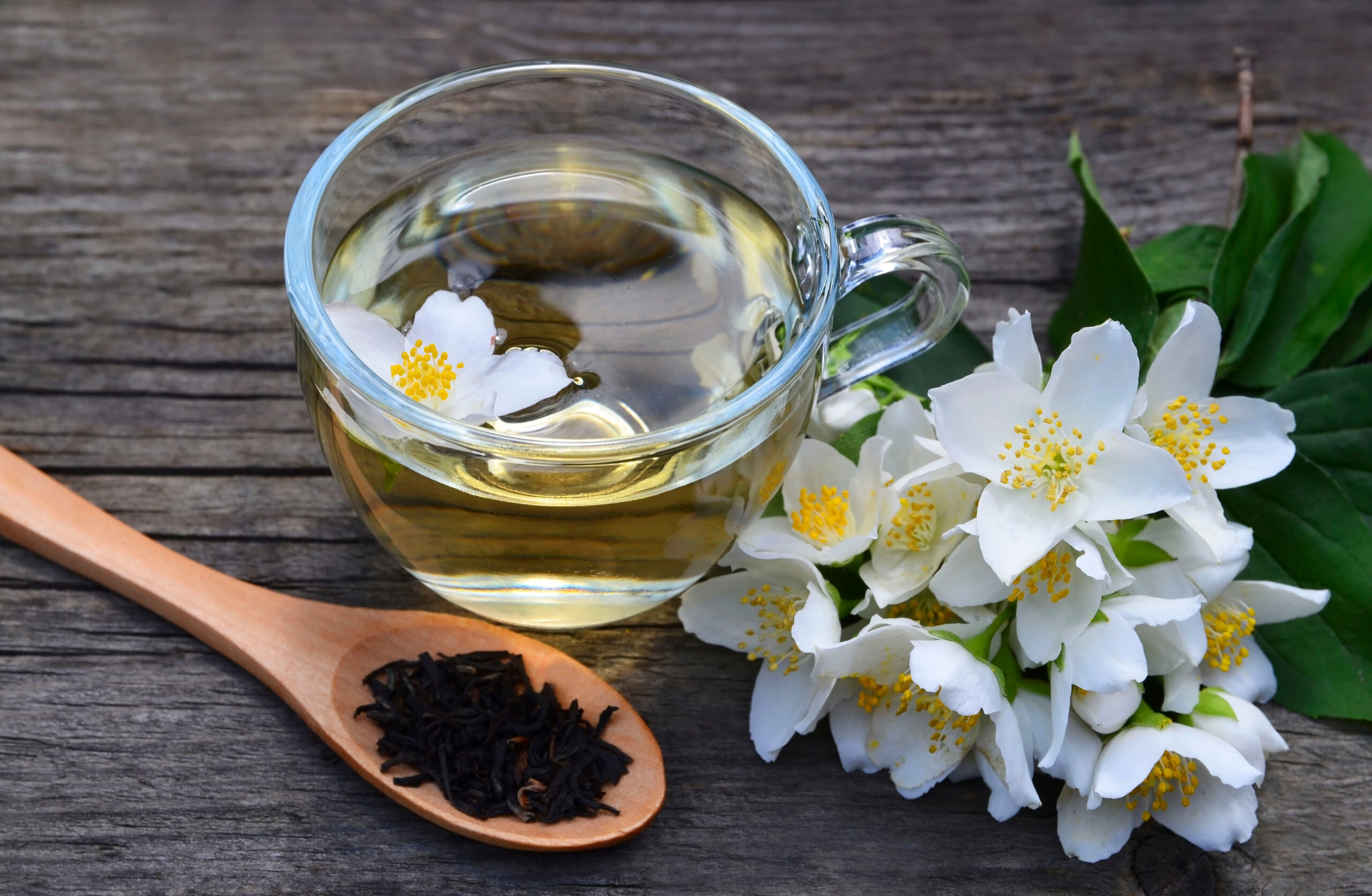Living longer isn’t just about adding years to life, but adding life to years through a comprehensive approach that balances physical health, mental wellness, and intentional lifestyle choices.
At a Glance
- Environmental factors like diet and lifestyle influence longevity more than genetics, with regular exercise potentially adding years to your life
- A Mediterranean-style diet rich in plants, along with practices like intermittent fasting, can reduce chronic disease risk and enhance longevity
- Mental wellness strategies including stress management, cognitive engagement, and quality sleep are essential components of a long, healthy life
- Strong social connections can significantly improve survival odds and reduce risks associated with isolation
- Regular medical check-ups and preventive care remain fundamental for proactive management of potential health issues
The Three Pillars of Longevity
While many believe genetics determine life expectancy, research consistently shows that environmental factors like diet, exercise, and lifestyle choices play a far more significant role in determining how long and how well we live. Experts at Harvard’s Nutrition Source emphasize that longevity isn’t just about achieving a long life but focusing on “healthspan” – increasing the number of healthy, functional years. This holistic approach requires attention to physical health, mental wellness, and daily lifestyle choices that collectively contribute to resilient aging and disease prevention.
Physical activity stands as perhaps the most powerful intervention for longevity, with studies showing that even just 15 minutes of daily exercise can provide measurable benefits. A comprehensive exercise program should include aerobic activities for cardiovascular health, strength training to maintain muscle mass (which naturally declines with age), and flexibility exercises to preserve mobility. These combined approaches address multiple aspects of aging, from maintaining energy and independence to reducing fall risk and supporting metabolic health.
— Kevin Bambrough (@BambroughKevin) January 23, 2025
Nutritional Strategies for Extended Health
The Mediterranean diet consistently emerges in research as a powerful dietary pattern for promoting longevity. This approach emphasizes abundant fruits, vegetables, whole grains, legumes, nuts, olive oil, and moderate fish consumption, while limiting processed foods, red meat, and refined sugars. These eating patterns have been linked to reduced inflammation, better cardiovascular health, and lower risks of many chronic diseases that can shorten lifespan and compromise quality of life in older age.
Emerging research also suggests potential benefits from strategic approaches to when we eat, not just what we eat. Caloric restriction and intermittent fasting practices have shown promising longevity effects in scientific studies, potentially by promoting cellular repair processes, reducing oxidative stress, and improving metabolic markers. These approaches may help address “inflammaging” – the chronic, low-grade inflammation that contributes significantly to age-related decline and disease development. However, such eating patterns should be adopted thoughtfully and preferably with medical guidance.
What is known about brain fog / mental clarity?
(an inclusive report by o1-pro)Below is a wide-ranging, detailed synthesis of current knowledge on brain fog—sometimes referred to more formally as “cognitive clouding” or “subjective cognitive impairment”—and mental clarity…
— ???????? cristi (@CristiVlad25) January 12, 2025
Mental Wellness as a Longevity Factor
The mind-body connection plays a crucial role in longevity, with chronic stress and anxiety significantly reducing lifespan when left unmanaged. Exercise delivers powerful mental health benefits alongside physical ones – reducing symptoms of depression and anxiety while potentially preventing cognitive decline. Regular physical activity influences mood and stress levels by modulating neurotransmitters, reducing inflammation, and promoting neuroplasticity, making it as effective as some medications for certain mental health conditions.
Social connections represent another critical yet often overlooked dimension of longevity. The quality and quantity of our relationships significantly impact both physical and mental health outcomes. Research from the Harvard Study of Adult Development, one of the longest-running studies on adult life, found that close relationships were better predictors of long, happy lives than social class, IQ, or genetics. Building and maintaining meaningful social bonds throughout life provides emotional support, reduces stress, and creates purpose – all factors that contribute to resilience and longevity.
Lifestyle Habits That Promote Cellular Health
At the cellular level, several key biological processes influence aging. Telomeres – protective caps at the ends of chromosomes – naturally shorten with age, but this process can be accelerated by poor lifestyle choices or slowed through healthy behaviors. Oxidative stress from free radicals damages cells over time, while cellular senescence (when cells stop dividing) contributes to aging tissues. Diet, exercise, stress management, and sleep quality all directly influence these fundamental biological aging processes.
Sleep quality and maintaining natural circadian rhythms represent another fundamental but frequently neglected aspect of longevity. During sleep, the body performs essential maintenance and repair functions, including cellular regeneration, toxin clearance, memory consolidation, and immune system regulation. Disrupted or insufficient sleep contributes to inflammation, hormonal imbalances, cognitive decline, and increased disease risk. Prioritizing consistent, quality sleep by maintaining regular sleep schedules, creating restful environments, and addressing sleep disorders can significantly impact health span.
The most effective approach to longevity integrates all these elements – physical activity, nutrition, mental wellness practices, social connection, and preventive healthcare – into a sustainable lifestyle rather than viewing them as separate interventions. Small, consistent health-promoting choices accumulate over decades to significantly influence how well we age and how long we live. The goal isn’t merely extending lifespan but optimizing health span – living not just longer but better.
Sources:
https://www.nia.nih.gov/health/healthy-aging/what-do-we-know-about-healthy-aging
https://www.healthline.com/nutrition/13-habits-linked-to-a-long-life








